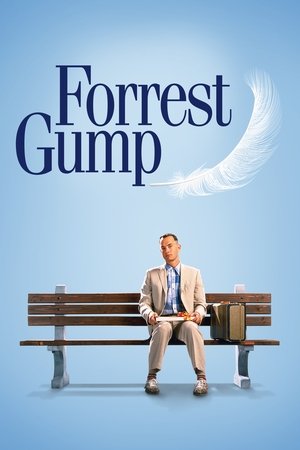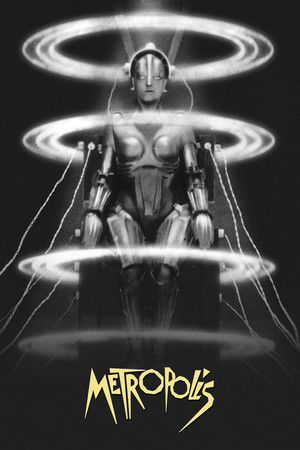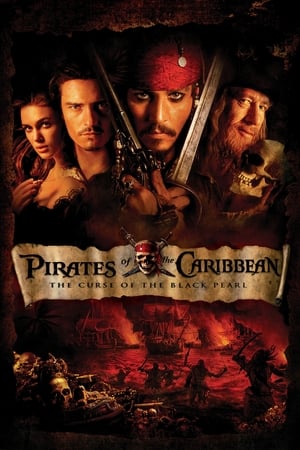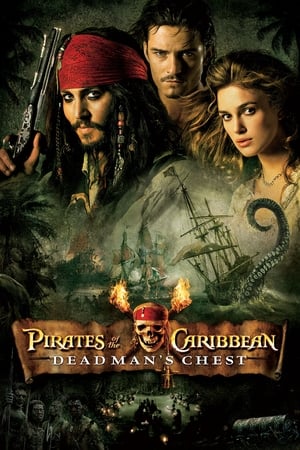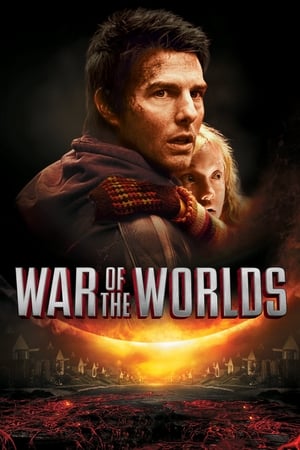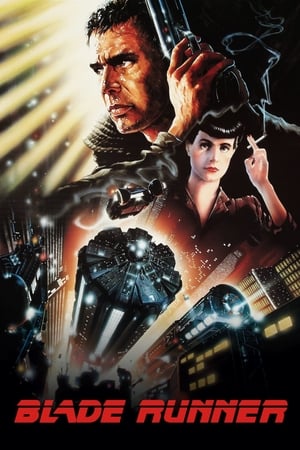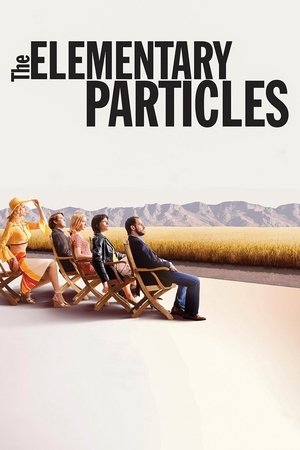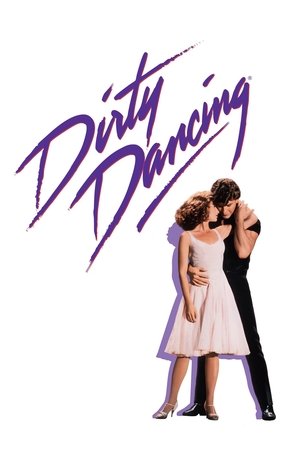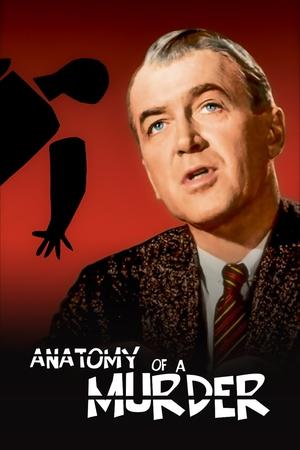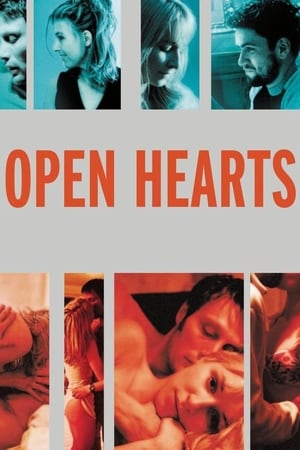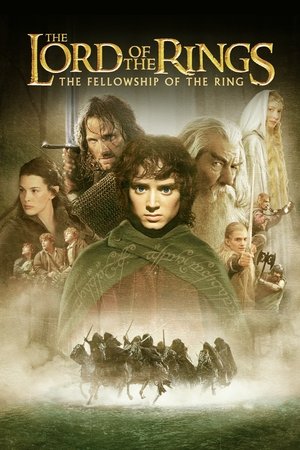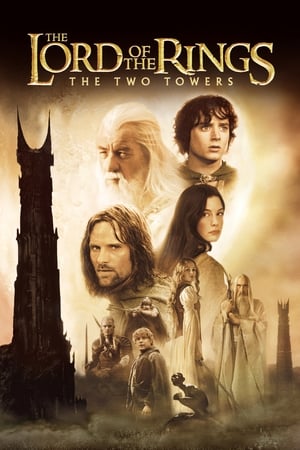Overview
Twenty-something Richard travels to Thailand and finds himself in possession of a strange map. Rumours state that it leads to a solitary beach paradise, a tropical bliss - excited and intrigued, he sets out to find it.
Reviews
Getting away from it all may not be perfection paradise after all?
I first viewed this film upon its release and felt that the final third did the film down - and that the voice-over took away from the essence of the story, thus it's average. My subsequent viewings over the years would see me lament about an arcade game sequence and bemoaning that Robert Carlyle wasn't given a more extended role, yet it has become a film that sees me totally on board with director Danny Boyle's production and it's now that I think it puts the story together with poignant precision.
Leonardo DiCaprio is Richard, a backpacker searching for a bit more in life, after a meeting with pot smoking loony Daffy (the wonderful Robert Carlyle), he learns of an island paradise that is everything he has yearned for in his life. Getting there will give him the adventure and danger he craves, because once there it apparently will be the thing of dreams, the perfect paradise cut off from civilisation...
The film is very much split in two, the first half introduces us to Richard and the people he would convince to travel with him to this island paradise, we then follow their journey that is perfect in fleshing out the characters, they come up against obstacles and learn about each other on the way. The second half is well worth waiting for because it's here that the story kicks in to make the viewer think, it's idyllic, it's gorgeous, it's near perfect, but wherever there is a community, there will be personal hang ups, jealousies, power seekers and etc, in short, the surroundings may be perfect but the human condition is far from flawless.
I love this film now, I love DiCaprio's performance, a cocky smart-arse thrill seeker about to get a wake up call is tailor made for him, and he delivers it with a skillful array of emotions. Director Danny Boyle does a great job of juggling the joys of paradise with the uneasy distortion of the various characters in the community, and the cinematography from Darius Khondji is truly beautiful (Thailand locales). The film suffers with the inevitable comparisons to Lord Of The Flies & Hearts Of Darkness, and yes these are fair comparisons, but it doesn't take away from the fact that it's a fine film for the modern generation in its own right, with the core point of the story relevant to all and sundry.
Fans of the novel would prove to be very ambivalent towards this filmic adaptation, but in my book it gets better on repeat viewings. 8/10
We are lucky that the photography depicts some of the most beautiful scenery on Earth as the rest of this adaptation of Alex Garland's book is positively stodgy. Talking of beautiful things, Leonardo DiCaprio still has something of his "Romeo & Juliet" (1996) boyishness to him as he arrives in Thailand. After an encounter with an enigmatic Scotsman (Robert Carlyle) who doesn't last for long, he finds himself in possession of a map that sets himself and a couple of travelling companions on a quest to find to a beautiful paradise island that is well off the beaten track. After a few tricky experiences that remind them all that it's called a wilderness for a reason, they arrive to find that "Sal" (Tilda Swinton) has already set up camp and with what amounts to a naturist commune has strict rules for those who want to remain there. Initially this idyll works for all, but a trip to town for supplies redefines the relationship between "Richard" and his host, and his own stupidity leaves a path for others to follow. With tragedy and bloodshed now ensuing, the Elysian concept of their perfect existence is quickly compromised by both nature and the angry locals. To be honest, it's a pretty thin story at the best of times and it really does rely heavily on the pristine aesthetics to carry it for a great deal of it's almost two hour crawl time. Swinton is always a master at the slightly aloof, less is more, kind of characterisations and Leo himself has the camera enthralled. As as piece of storytelling, though, it's really nothing special beyond a wordy and ponderous exercise in sending a salutary message that the ever expansive march of tourism ought to learn to keep of the grass and leave nature in it's many different guises to live in peace.
I have to go all in on this, I loved the book, and I do love the movie but...
OK, it's a bias 100% rating. This wasn't a good film for Leo, not because he did a bad job but because they needed a different kind of actor. It should have been Ewan. And, honestly, it could have used to be a little more like the novel, but Danny does a great job of adapting hard to adapt books, I mean look at Trainspotting, that turned out to be a great flick and if you read the novel you'd wonder where to even start to adapt it. And the video game scene needed to go, props for creativity, but it just didn't work.
So, maybe 100% was a bit too high, but despite all of that it is a really fun movie, has a great soundtrack, had some great acting.

 119 min
119 min
 6.483
6.483
 2000
2000
 United Kingdom
United Kingdom
 John Chard wrote:
John Chard wrote:


